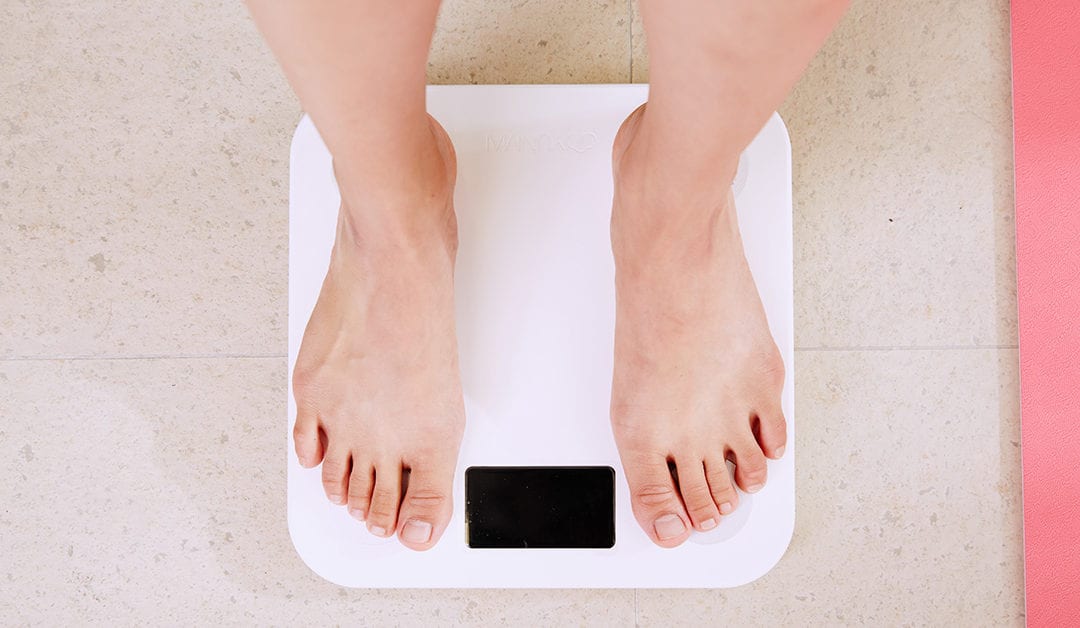The holidays are over, and if you’re like most Americans, you’ve likely overindulged and are now resolving to drop a couple of pounds to get 2020 off to a healthy start. Getting healthy is always a great idea, but beware—fad diets are not the way to go. Why? They simply can do more harm than good. According to the Mayo Clinic, fad diets like the cabbage soup diet, a three-day cleanse, a raw food diet, and even a tacos-only diet may spur drastic weight loss because of a lack of calories, but those restrictions are not realistic in the long term.
Question Your Diet
If you’ve stumbled upon a new diet you’d like to try but are unsure whether it is a fad diet, ask yourself these questions:
- Does it limit your food to only certain groups?
- Does it require absolutely no exercise?
- Does is promise huge results in little to no time?
- Does it allow you to eat as much as you want as long as you take a pill?
- Does it tell you to eat foods in a specific order?
If you’ve answered yes to one or more of these questions, it’s likely the diet is a fad diet. While your fad diet may allow you to drop the weight, you’ll likely put it back on (because who can eat cabbage soup for the rest of their lives), developing a yo-yo pattern which isn’t great for your overall health. Plus much of today’s research doesn’t support the claims of fad diets. And while diets may not be entirely bad, like the popular paleo diet which encourages vegetables, fruits and nuts, it also prohibits many whole grains, legumes and dairy products which are essential for digestion and provide added sources of protein and calcium.
Choosing a Diet that’s Right for You
So if fad diets aren’t the way to go, how do you go about losing weight? The answer is a simple one that most of us know already; forget the word “diet” and instead change your lifestyle by eating lots of fruits, vegetables, whole grains and lean meats and start exercising at least three hours per week. According to the Dietary Guidelines for Americans, healthy eating patterns follow an appropriate calorie level that allows you to achieve and maintain a healthy weight, provides enough nutrients, and reduces the risk of chronic disease. That means focusing on nutrient-dense food across all food groups and limiting calories from added sugars, saturated fats, and sodium.
Physicians recommend starting small. For a diet to work it has to be sustainable for your lifestyle. For example, if you hate salads, don’t force yourself to eat one every day of the week. Instead, try a new vegetable recipe or add some different ingredients to your salad. And the same goes for exercise. Start with one day per week, eventually building up to three, four or even five days per week. Don’t limit yourself right away, like saying goodbye to chocolate forever, as you’ll just crave it even more. Instead, choose a healthier option like dark chocolate and reduce the amount you’d usually eat.
Support is a key ingredient for any diet and your doctor can help. An exam can show what type of diet would work best for your body to achieve optimal health and weight loss safely. Plus, your doctor can also be your biggest cheerleader! Schedule an on-demand appointment today for a healthier tomorrow.


